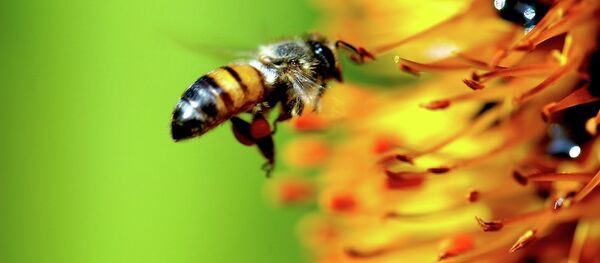"World food supplies and jobs are at risk unless urgent action is taken to stop global declines of pollinators," according to a statement from the University of Reading, whose researchers took part in the global review.
Animal pollinators, including bees, butterflies, birds, beetles, wasps, bats, and even lizards are essential for crops. But what's more, they provide the labor market with work.
"Agriculture employs 1.4 billion people, approximately one-third of the world's economically active labour force," said the review, published in the journal Nature.
Some 70 percent of poor rural communities largely rely on agriculture as their main source of income and sustenance.
Pollinators are also important for human health, as crops rich in vitamins depend on them to continue to grow.
"Pollinator losses could therefore result in a substantial rise in the global rate of preventable diseases," the researchers wrote.
"This could result in about 1.4 million additional deaths per year and approximately 29 million lost years of healthy life," they said.
It is not only species of pollinators that would become extinct, but wild plants too. Over 90 percent of tropical flowering depends on animal pollination, the researchers said.
According to the study, "Pollinators face numerous threats, including changes in land-use and management intensity, climate change, pesticides and genetically modified crops, pollinator management and pathogens, and invasive alien species."
In response to the decline of bee populations, Europe has banned the use of neonicotinoid seed treatments. In America, however, there is no such ban.
"Many effective policy and management responses can be implemented to safeguard pollinators and sustain pollination services," the study wrote.

